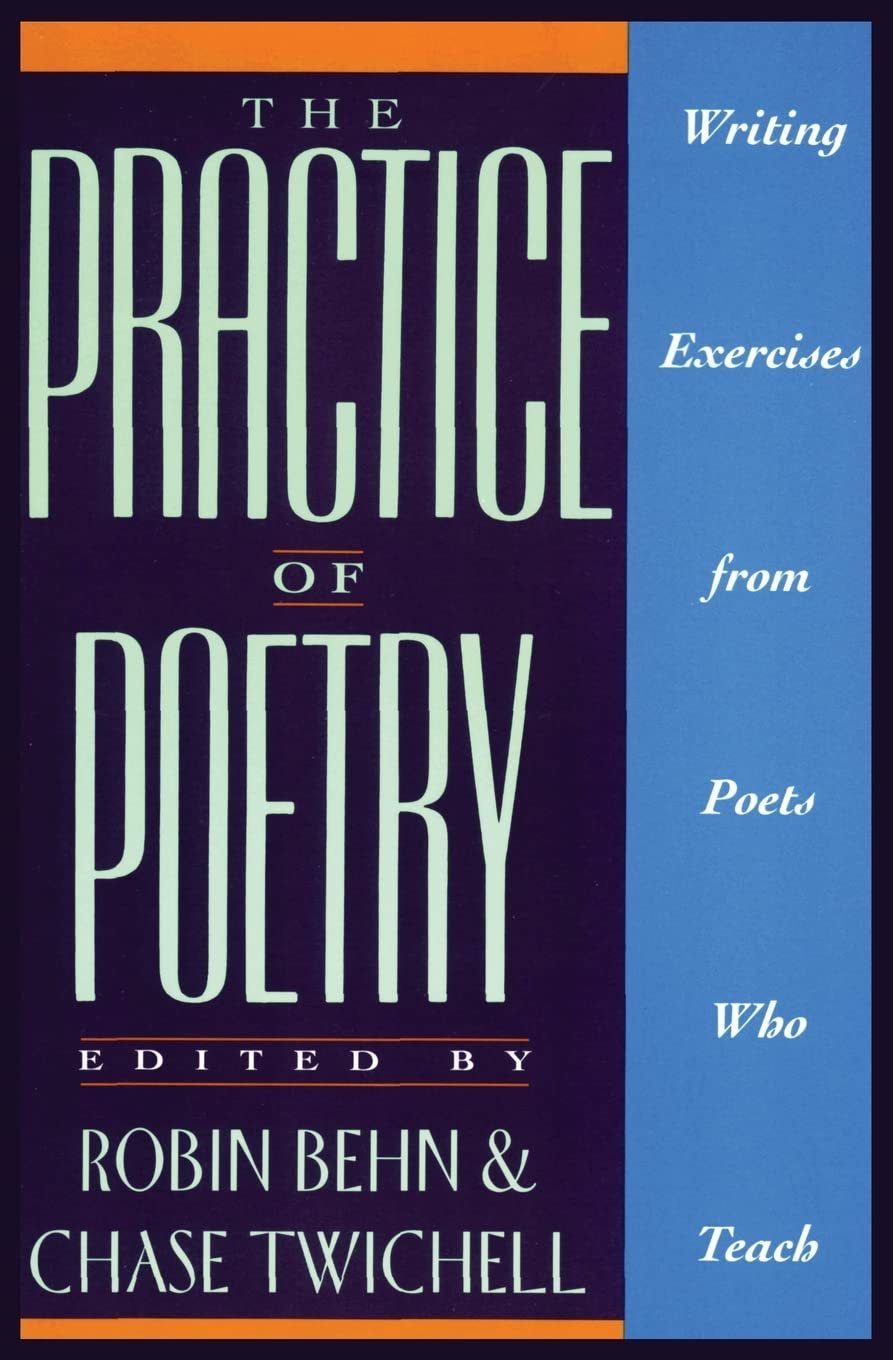
08 Jul Unlocking Creativity: A Dive into The Practice of Poetry
Embracing Creativity: A Review of The Practice of Poetry
As someone who’s wrestled with the complexities of writing poetry, The Practice of Poetry: Writing Exercises From Poets Who Teach grabbed my attention immediately. Edited by Robin Behn and Jane Hochman, this collection resonates with both seasoned writers and those curious to explore the poetic form. It’s not just a book; it feels like a cozy invitation to the intimate world of self-expression.
The book features over 90 writing exercises accompanied by essays from established poets, each one designed to ignite inspiration and encourage writers to delve deep into their imaginations. From playful prompts to thought-provoking challenges, the exercises cater to a variety of skill levels, making it accessible whether you’re starting to dabble in verse or looking to shake off a creative rut.
What struck me most is the warmth of the authors’ voices within these pages—they feel like guides walking alongside you, gently nudging you to explore themes that resonate on a personal level. Exercises like Jim Simmerman’s “Twenty Little Poetry Projects” are particularly noteworthy. Many reviewers celebrate them as standout tools that have inspired their own poetry collections; they serve as reminders that even the most seasoned writers can benefit from a nudge.
One of my favorite quotes from a reader review resonates here: “The exercises in this book can work both for teachers and for poets who find themselves stuck and in need of a nudge to get started.” It encapsulates what I found immensely useful about this book. There’s something magical about engaging with prompts that shift your thinking, challenge your perceptions, and ultimately lead to the birth of a poem that just might surprise you.
Robin Behn and Jane Hochman excel in creating a structure that balances exploration with intention. They invite readers to play with words while grounding their creativity in the fundamentals of poetic craft. The pace feels just right; it allows you to pause, reflect, and experiment without feeling rushed.
As I turned the pages, I couldn’t help but reminisce about my own poetic struggles—each exercise was like a well-placed stepping stone over a river of writer’s block and uncertainty.
The Practice of Poetry is especially valuable for educators and writers’ groups looking for fresh ideas to inspire workshops or classes. However, I also believe it speaks to anyone who seeks a deeper understanding of the interplay between thought, language, and rhythm.
In conclusion, I wholeheartedly recommend The Practice of Poetry to those yearning to stretch their creative muscles. This book doesn’t just teach you how to write poetry; it invites you to experience the joy of creating art. It’s a reminder that the path to finding your voice is one best traveled with curiosity, support, and a dash of daring. Each page is infused with the potential of discovery—one that still resonates with me long after I’ve turned the last one. Whether you’re teaching, learning, or simply exploring, you might just find a treasure within these pages that sparks your own poetic journey.
You can find The Practice of Poetry: Writing Exercises From Poets Who Teach here >>









